#CityCars
Rare Rides: The 1985 Gurgel XEF, a Tiny and Obscure City Sedan
Today’s Rare Ride hails from an auto manufacturer you may have never heard of before: Gurgel. Made in Brazil, the conservative little XEF was an interesting side note in automotive history.
Public Transit Is for Squares: Citron's Ami Calls All Non-conformists
Given the size and modest specs of Citroën’s Ami city car, you’d think post-war rationing was still a thing in France.
The Ami, revealed Thursday, is a production version of the Ami One concept PSA Group debuted at last year’s Geneva Motor Show. It’s small, short, looks the same coming as it does going, and doesn’t require a driver’s license. It could be a ticket to freedom for a 14-year-old, but first they’ll have to get used to living life at no more than 28 mph.
Old? Don't Go Far? Toyota Has Your Ride
If that compact sedan or crossover has become too much to handle, and you live in Japan, Toyota has just the thing for you. Due out in 2020, Toyota’s aptly-named Ultra-compact BEV is a, um, ultra-compact battery electric vehicle that’s clean, green, and in no way mean.
To butcher a tagline from Dodge… if you can handle a top speed of 60 km/h (37.3 mph), you could be Toyota material.
Nissan Reveals IMk Concept, New Design Cues for Brand
Nissan plans to unveil a new concept at the Tokyo Motor Show later this month. Suitable for the locale, the model is to be a fashionable EV aimed at urban commuters.
According to the manufacturer, the IMk Concept will be the best tool imaginable for that particular job. While it looks like a glitzy version of your typical Tokyo eco-box, the all-electric IMk is meant to serve as the template for the best city car ever built — likely trying its hand in markets around the world with a production version.
That said, the dimensions of the IMk will probably torpedo any ships heading to North America. At 135.2 inches long, 59.5 inches wide, and 64.7 inches tall, the model is slimmer than a Smart ForTwo and shorter/narrower than a Fiat 500. While the additional headroom will be a blessing, it’s still too small for our Rubenesque frames.
Ford's Small Car Purge Continues Apace
Two months and change after Ford Motor Company ceased production of North America’s smallest Blue Oval vehicle, Europeans are waking up to news that their tiniest offering has a date with death.
The Ka+, a name this writer can’t read without imagining a Bostonian pronouncing the word “car,” will disappear from the marketplace thanks to —what else? — fuel economy regulations that disproportionately impact small vehicles.
Genesis' Mint Concept: The Car No One Asked For?
Genesis Motors revealed a small city car in The Big Apple this week. However, the model’s debut wasn’t part of the daily goings-on at the New York International Auto Show. Instead, the company decided to unveil the Mint Concept at Hudson Yards, ahead of the trade show’s official press days — utilizing terms like “urban icon” and “reductive versatility” while somehow expecting to be taken seriously.
“As a brand, Genesis embraces progressive design values, and the Mint Concept reinforces this commitment from a previously undiscovered perspective,” Manfred Fitzgerald, Genesis’ executive vice president, said at the vehicle’s introduction. “Mint belongs in the city, and we are proud to introduce our evolution of the ideal city car in New York.”
This is the kind of industrial-grade nonsense your author absolutely despises. However, I am elated Genesis did this, as it’s been a while since I’ve had the opportunity to be exceptionally critical of a Korean brand. Outside of Hyundai’s Nexo, the country’s been on a hot streak lately. It’s wonderful to be able to prove that I’m still an unpleasant crankshaft without bias.
People's Car, Redux? Volkswagen's EV Plan Doesn't Forget the Proles
You can’t tell the masses that, if they can’t afford the latest and greatest green vehicle, they should get used to riding a bike or a bus. Volkswagen seems to realize that.
As it prepares an even larger complement of electric vehicles than originally thought, the automaker isn’t forgetting the little guy. VW plans to spread its MEB platform far and wide — reaching even entry-level consumers who can’t pay for more range.
Faltering BMW I3 Gets Bigger Battery, Better Range for 2019
Originally dubbed the “Mega City Vehicle,” BMW’s i3 garnered a lot of positive attention for its modern styling and adherence to alternative-energy powertrains when it launched in 2014. This did not translate into sales, however. As its former name implies, the i3 isn’t incredibly useful outside of an urban environment due to its meager range. Customers seem to have noticed. Despite moving 11,024 units in the United States in 2015, BMW looks to be on pace for half that volume this year.
For 2019, the automaker is offering the little EV with a new 42.2-kWh battery, which Bimmer says is good enough for 153 miles of all-electric driving. That’s a significant improvement over the the current 33-kWh model’s 115 miles of electric range and an absolute triumph over the i3’s initial 60 Ah (roughly 18.8 kWh) cell, which was only good for about 80 miles.
Evidence Exhibit #127 In the Case of Market V. Small Cars: Volkswagen Considering Pulling the Up City Car From Europe
The global auto industry is not a place in which small car production is as straightforward as it was a decade or two ago.
Brought closer to home, Americans are buying roughly 30-percent fewer subcompact cars now than they were just three years ago. With next to no fuel economy advantages; limited payment upside; and less refinement, power, and space, why would a car buyer choose a subcompact over a compact sibling? Most buyers don’t. In the United States, compact car sales are five times stronger than subcompact sales. August’s top three compacts (Civic, Corolla, Cruze) outsold their subcompact brethren (Fit, Yaris, Sonic) by more than seven-to-one.
Many automakers don’t even bother selling their smallest cars in North America. Mazda’s latest 2 never saw U.S. import. FCA has left the compact market, having long since left the subcompact sector to rivals. Subaru doesn’t dive below the Impreza platform. And Volkswagen stops at the Golf, leaving the subcompact Polo for more small-car-friendly countries.
But how keen on small cars are those other countries? In some instances, not keen enough. Volkswagen boss Herbert Diess tells Autocar, “Selling small cars is not easy.” And he’s clearly not just talking about F-150-loving America. “It’s a very European problem,” says Diess. As a result, the Volkswagen Up city car, a Lupo successor, may pull out of Europe in favor of emerging markets only.
Should All Smart Dealers Burn Down Their Lots This Summer?
It’s been roughly a decade since Daimler’s Smart Automobile first caressed America’s purple mountains and amber waves of grain with the microscopic Fortwo. Despite a promising first year in the United States, the brand never really managed to carve a space out for itself in a competitive and size-obsessed marketplace. The same is true (over a slightly longer timeline) for Canada.
Standalone Smart dealerships have become a rarity, frequently rolled into Mercedes-Benz sales lots over the years. But both have to ask themselves the same question: Is it worth pursuing sales when Daimler converts the little two-seater into a pure electric later this year and abandons the gasoline engine?
Obviously, the gut reaction is to tell every Mercedes-Benz franchise “probably not” and recommend any standalone Smart dealership immediately consider arson. Small car sales in North America are dwindling and EV sales are miniscule. Claiming a vehicle that exists as one of the least capable examples of both is a good investment is not something any rational person would suggest. But that doesn’t mean there isn’t a place for the unfortunately named Fortwo ED in North America.
In Defense Of: A Review Of The 2016 Chevrolet Spark LS
I could live with this car … under a couple of conditions.
Air conditioning is a must have, and I may have told you about the need for an aftermarket shifter solution.
But GM Canada’s $9,995 2016 Chevrolet Spark LS, which lacks A/C and a tolerable shifter, is nevertheless an acceptable place to spend time. Though it drives with far less verve than the not-sold-in-Freedomland $9,988 2016 Nissan Micra S, the Spark is the more comfortable and refined option.
Up the price with an array of options and the argument for North America’s second Chevrolet Spark falls apart. As a $10,000 car, however, there’s a case to be made.
Tata GenX Nano Latest In Low-Cost Line Of Nano City Cars
Hitting showrooms Tuesday, Tata Motors announced its latest variant of the Nano city car: the GenX Nano.
Aldred: 2018 Opel Adam Could Become A Buick
Buick may want to slap its badge on the face of the Opel Adam, but it will be a while before it has the opportunity to take on Fiat and MINI.
Ford Do Brasil Unveils New Ka Hatchback, Sedan For Global Markets
Last week, Ford do Brasil unveiled the new Ka and Ka+, set to be built and sold (almost) worldwide in short order.
Opel Adam Entering Chinese Market As A Buick
When the Opel Adam enters the Chinese auto market in 2015, it will do so with a Buick badge as General Motors’ first high-end city car.



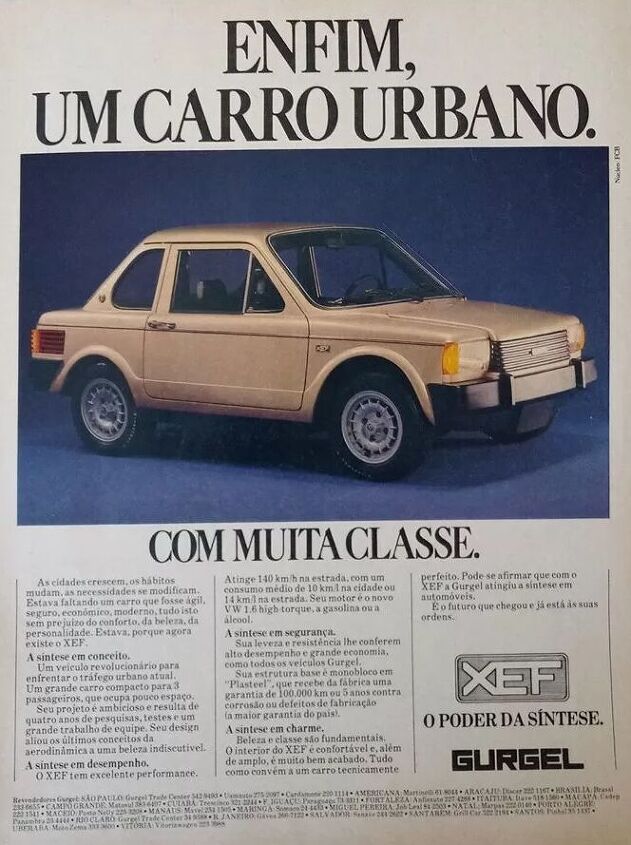
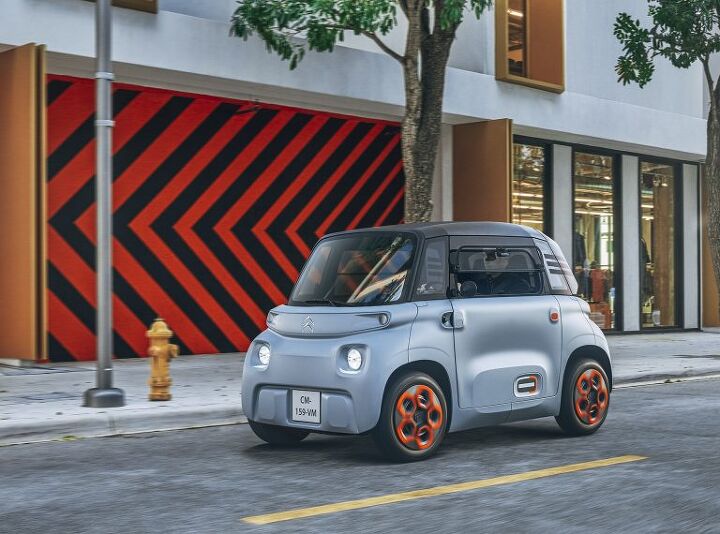
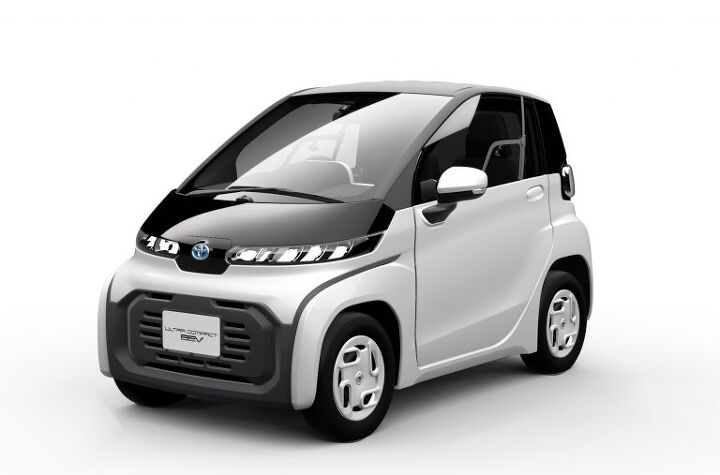
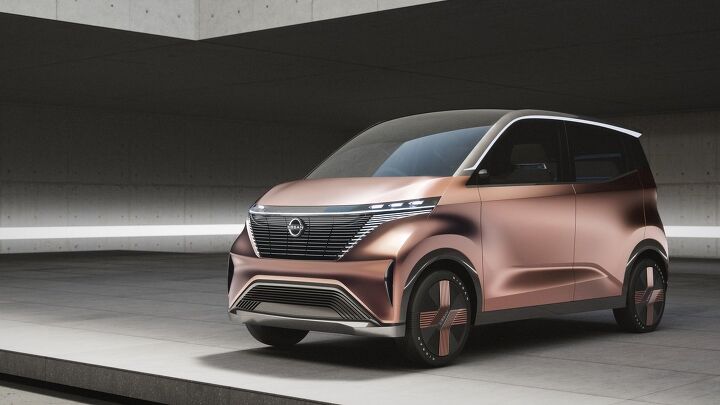
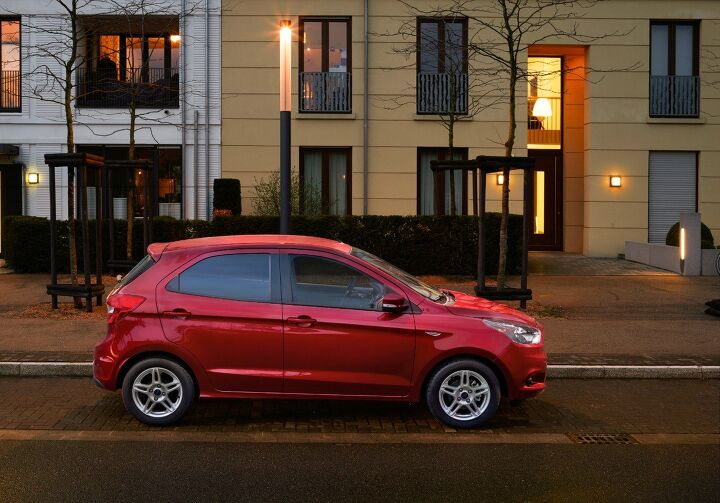

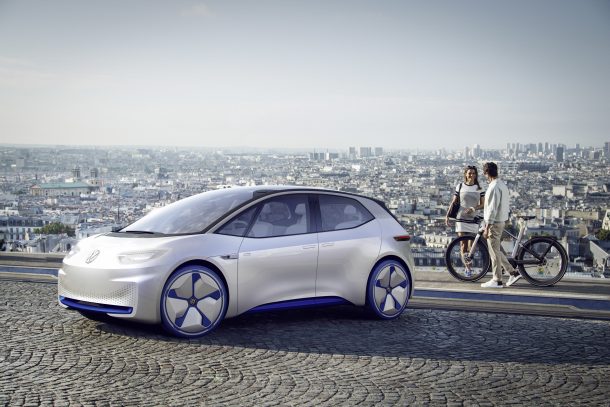





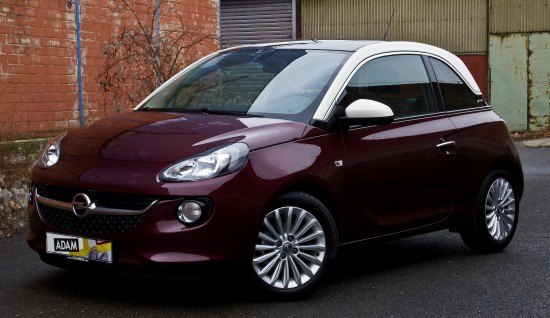
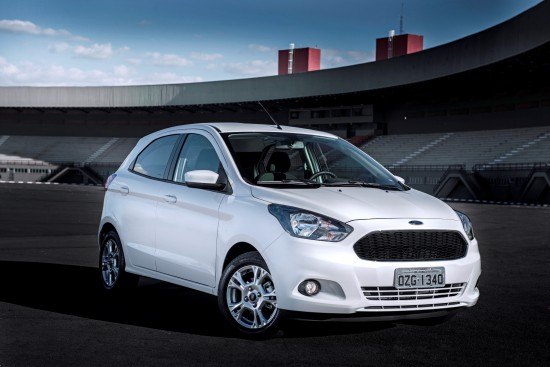
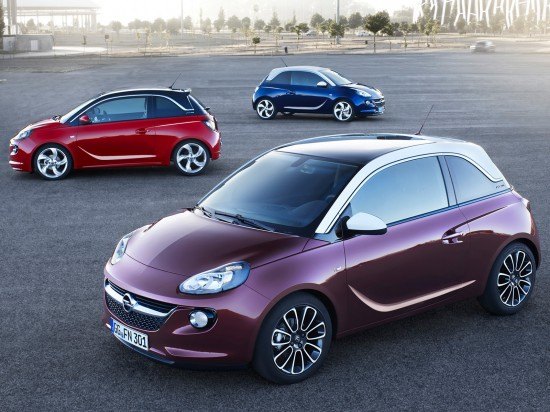












Recent Comments